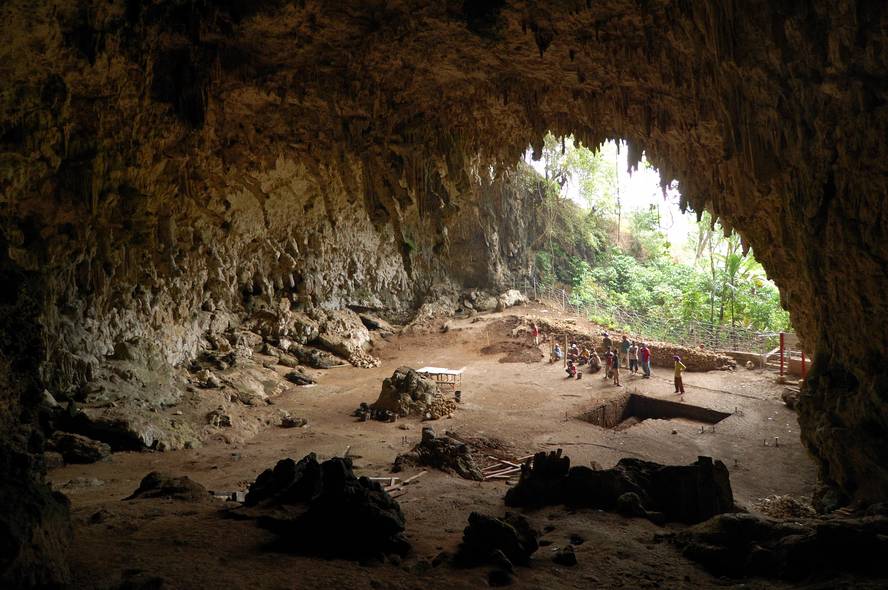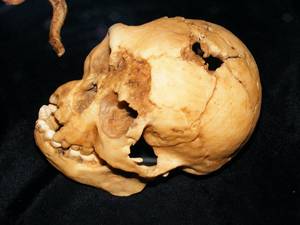Ten years and the mystery of the Homo floresiensis has not yet been solved
Ten years have passed since a group of researchers announced the discovery of fossils of a previously unknown human species. Known as Homo floresiensis, for its discovery on the island of Flores in Indonesia, it turned upside down the main hypotheses that were given for good about human evolution. In fact, its morphological characteristics evoked the first hominids, but disappeared 18,000 years ago. That is, for thousands of years he was a coetanist of the Homo sapiens.
The finding was announced in the journal Nature and, ten years later, this same journal has published two articles explaining what later research on H. floresiensis has clarified. And along with that, they recognize that there are still many questions to answer.
For example, they recalled that some thought that their physical characteristics could be the result of a disease. In fact, his body was small, about a meter, and his skull, even smaller, 400 milliliters, similar to the hominids that lived 2,5-3 million years ago (that of Homo sapiens, with an average volume of 1.5 liters). However, his research has eliminated this hypothesis and believes that the man or hobbit of Flores was so small due to the phenomenon of Nanism that occurs in the islands.
Thus, most recognize the man of Flores as another species of the genus Homo, but the questions that this generates are even deeper. What was your ancestor? In what branch of the tree that explains human evolution? Is the current view of human evolution correct?
Knowing the genome of Homo floresiensis would allow you to answer questions. Unfortunately, the climatic conditions of the island cause the bones to fossilize very badly and for the moment have not obtained DNA samples. However, they continue excavations and do not rule out finding remains of other humans on nearby islands.
According to geochronologist Bert Roberts of the research team, the true value of the hobbit is not in itself, as it is lost. For him, the important thing is because “it opens the door to thinking more openly about anything” and thus says: “I think the hobbit has changed people’s thinking.”







